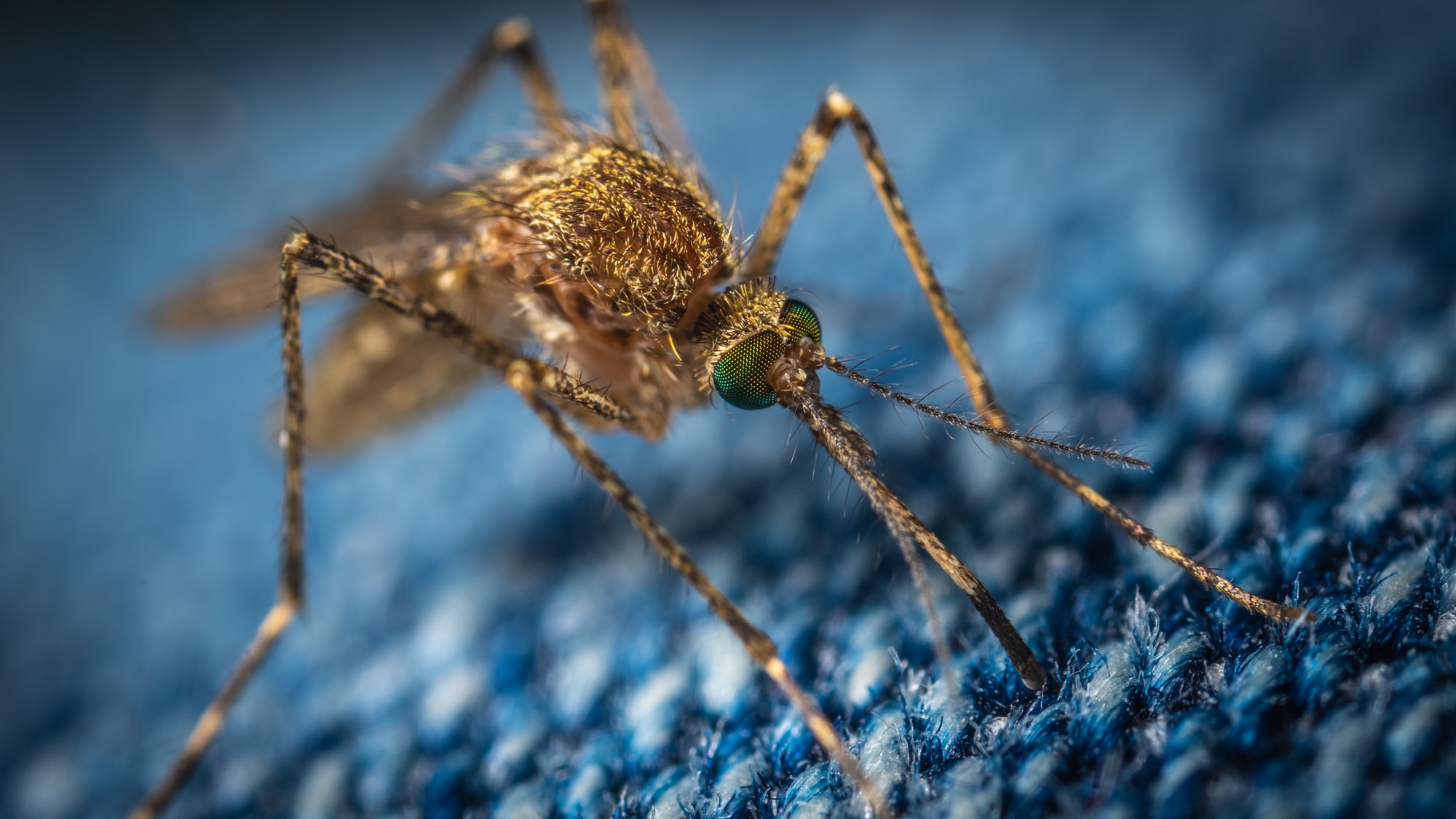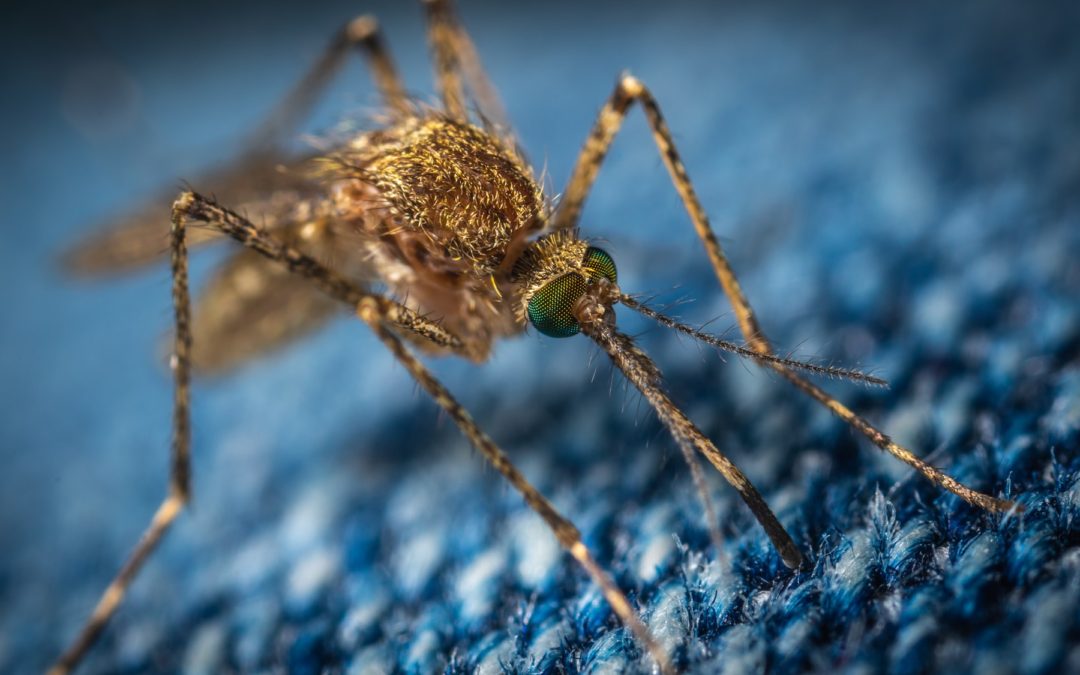
According to the World Health Organization (WHO), an indigenous malaria case refers to malaria being “contracted locally with no evidence of importation and no direct link to transmission from an imported case.” For the WHO to give Malaysia an official malaria-free status, the nation will need to continue its progress for one more year.
“Our success since 2018 must be retained for three consecutive years to qualify Malaysia for the WHO’s certification of malaria elimination for indigenous transmission in 2021,” Noor Hisham, Malaysia’s director-general for health, said in a statement, according to the New Straits Times.
Hisham explained the Southeast Asian nation was once home to some of the highest rates of malaria across Asia. In 2010, more than 5,000 indigenous malaria cases were recorded in the country, the Star reported.
In the same year, Malaysia became a founding member of the Asia Pacific Malaria Elimination Network, which saw widespread mosquito net distribution and increased funding for research. As a result, 2015 saw a significant drop to around 200 cases.
The network has worked to curb infections across the entire region, with cases falling by 59% between 2010 and 2017.
Source news article: Global Citizen

